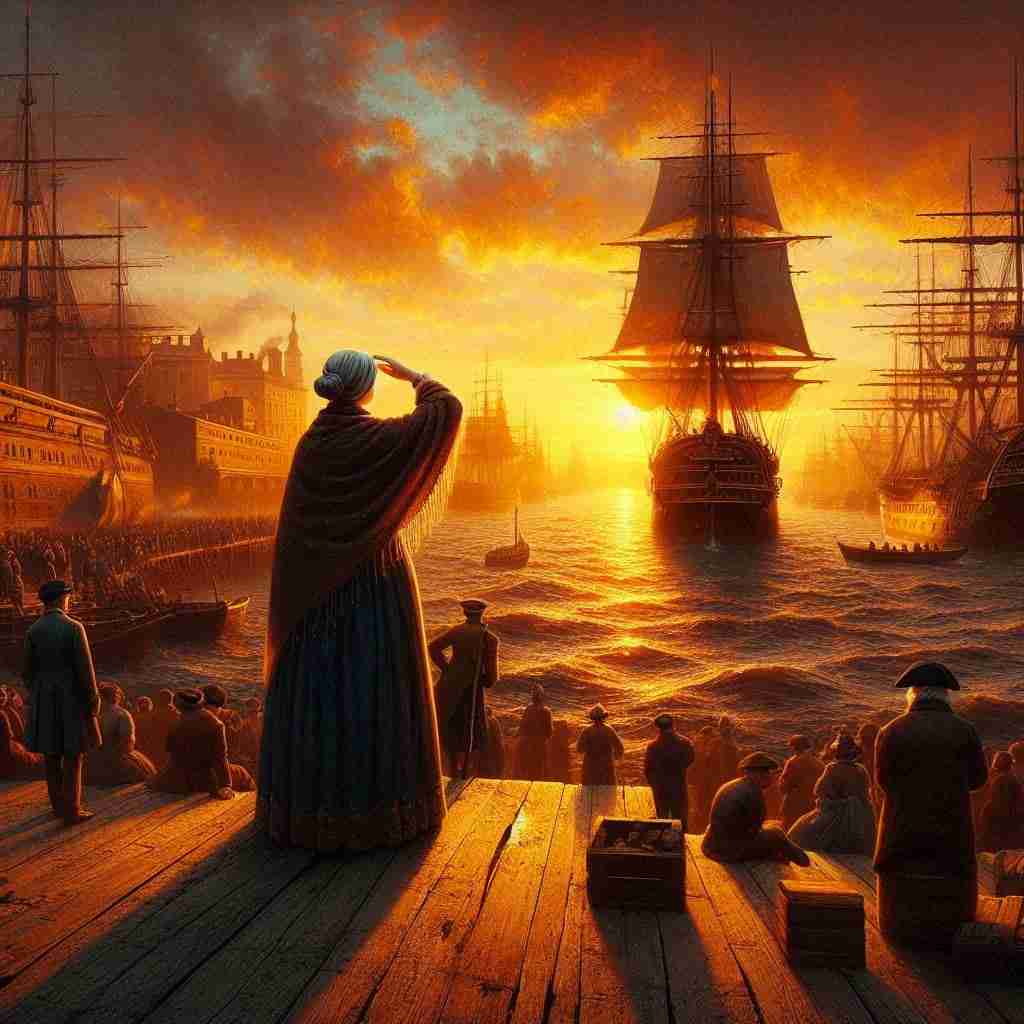1 Poems by Henry Van Dyke
1852 - 1933
Henry Van Dyke Biography
Henry van Dyke, born on November 10, 1852, in Germantown, Pennsylvania, was a multifaceted American author, educator, and clergyman whose prolific literary career spanned the late 19th and early 20th centuries. His life and works embodied the spirit of American Romanticism, blending elements of nature, spirituality, and patriotism into a distinctive literary voice that resonated with readers of his time and continues to captivate scholars today.
Van Dyke's early life was steeped in religious and academic pursuits. The son of a Presbyterian minister, he was raised in an environment that valued both faith and intellect. This upbringing would profoundly influence his later works and career choices. He received his early education at the Polytechnic Institute of Brooklyn and later attended Princeton University, where he graduated in 1873. His academic journey continued at Princeton Theological Seminary, from which he graduated in 1877.
Following his theological studies, van Dyke embarked on a career in the ministry, serving as pastor of the Brick Presbyterian Church in New York City from 1883 to 1900. During this time, he began to make a name for himself not only as a preacher but also as a writer. His sermons, known for their eloquence and insight, often incorporated literary allusions and poetic language, foreshadowing his future success as a man of letters.
Van Dyke's literary career truly blossomed in the 1890s with the publication of several notable works. "The Story of the Other Wise Man" (1896), a short novel about a fourth Magi who embarks on a lifelong search for the Christ child, became his most enduring and popular work. This tale, with its themes of selflessness and spiritual seeking, exemplifies van Dyke's ability to weave Christian teachings into accessible and moving narratives.
As a poet, van Dyke's style was characterized by its lyricism, pastoral imagery, and exploration of spiritual themes. His collections, including "The Builders and Other Poems" (1897) and "Music and Other Poems" (1904), showcase his mastery of traditional forms and his ability to evoke powerful emotions through carefully crafted verses. One of his most famous poems, "Time Is," reflects on the nature of time and its passage, a theme that recurred throughout his work.
Van Dyke's literary output was not limited to poetry and fiction. He was also a prolific essayist, critic, and nature writer. His love for the outdoors, particularly fishing, inspired works such as "Little Rivers" (1895) and "Fisherman's Luck" (1899). These books blend personal anecdotes, naturalist observations, and philosophical musings, establishing van Dyke as a worthy successor to transcendentalist writers like Ralph Waldo Emerson and Henry David Thoreau.
In 1900, van Dyke's career took a significant turn when he accepted a position as a professor of English literature at Princeton University. This role allowed him to combine his passions for literature, education, and public speaking. His lectures were popular among students and often attracted visitors from beyond the campus. During his tenure at Princeton, van Dyke continued to write prolifically, producing critical works on poetry and literature alongside his creative endeavors.
Van Dyke's influence extended beyond the realms of literature and academia. He served as a minister to the Netherlands and Luxembourg from 1913 to 1916 under President Woodrow Wilson, a testament to his diplomatic skills and public standing. His experiences in Europe during the outbreak of World War I informed his later writings on international relations and peace.
Throughout his career, van Dyke remained committed to the idea that literature should serve a higher purpose. He believed in the power of words to inspire, comfort, and elevate the human spirit. This philosophy is evident in works like "The Poetry of Tennyson" (1889) and "The Poetry of Psalms" (1900), where he explores the spiritual and moral dimensions of poetry.
Van Dyke's contributions to American letters earned him numerous accolades, including election to the American Academy of Arts and Letters. He was also a member of the National Institute of Arts and Letters and served as president of the National Institute of Social Sciences.
As he aged, van Dyke's writing took on a more reflective tone, as seen in works like "The Unknown Quantity" (1912) and "The Valley of Vision" (1919). These later works often grappled with questions of faith, mortality, and the meaning of life, reflecting the author's own spiritual journey and the changing social landscape of early 20th-century America.
Henry van Dyke passed away on April 10, 1933, leaving behind a rich literary legacy. His work, while sometimes overshadowed by contemporaries like Mark Twain or later modernist poets, continues to be studied for its unique blend of Romantic sensibilities, religious themes, and American ideals. Scholars of American literature find in van Dyke's corpus a bridge between 19th-century Romanticism and the more complex, fragmented literary landscape of the 20th century.
Van Dyke's life and work offer a window into a pivotal period in American cultural history, when rapid industrialization and social change were reshaping the nation's identity. His ability to speak to both traditional values and modern concerns through his poetry and prose ensures his enduring relevance in the canon of American literature.
This text was generated by AI and is for reference only. Learn more
Username Information
No username is open
Unique usernames are free to use, but donations are always appreciated.
Quick Links
© 2024-2025 R.I.Chalmers (V2Melody).

All music on this site by R.I.Chalmers (V2Melody) is licensed under a Creative Commons Attribution-NonCommercial 4.0 International License.
Attribution Requirement:
When using this music, you must give appropriate credit by including the following statement (or equivalent) wherever the music is used or credited:
“Music by R.I.Chalmers (V2Melody) – https://v2melody.com”
Support My Work:
If you enjoy this music and would like to support future creations, donations are always welcome but never required.
Donate

